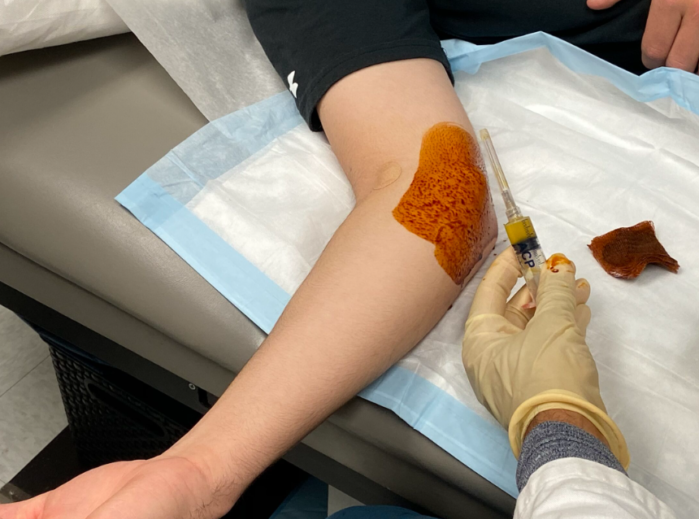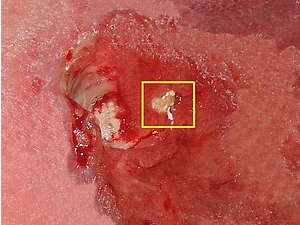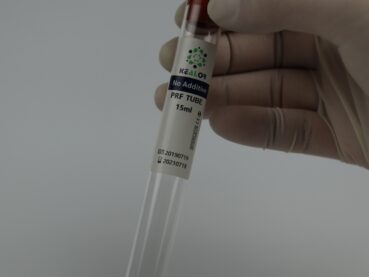Platelet-Rich Plasma (PRP) therapy, celebrated for its regenerative potential, has become a sought-after treatment for various health and aesthetic concerns. As you prepare for your PRP therapy session, you may wonder if there are any dietary restrictions to consider beforehand. In this blog, we will explore the role of nutrition in PRP therapy and whether you should adjust your diet before your treatment.
The Foundation of PRP Therapy
Before we dive into dietary considerations, let’s recap the essence of PRP therapy. PRP is derived from your own blood and contains a high concentration of platelets and growth factors. These natural components play a crucial role in tissue repair, collagen production, and cellular rejuvenation. PRP therapy leverages these regenerative properties to achieve various health and aesthetic goals.
Dietary Guidelines Before PRP Therapy:
While there are typically no strict dietary restrictions before PRP therapy, it’s advisable to maintain a balanced and nutritious diet in the days leading up to your treatment. Here are some dietary guidelines to consider:
1. Hydration:
Proper hydration is essential before any medical procedure, including PRP therapy. Staying well-hydrated ensures that your blood is at an optimal consistency for the blood draw and processing.
2. Iron-Rich Foods:
If you’re prone to anemia or have concerns about your iron levels, consider incorporating iron-rich foods into your diet leading up to your PRP session. This can help ensure that your blood contains an adequate number of red blood cells.
3. Vitamin C-Rich Foods:
Vitamin C plays a role in collagen production and overall tissue health. Including vitamin C-rich foods, such as citrus fruits, strawberries, and bell peppers, in your diet can support the healing process.
4. Avoid Excessive Alcohol and Caffeine:
While moderate alcohol and caffeine consumption is generally acceptable, it’s a good idea to avoid excessive intake in the days leading up to your treatment. Both substances can potentially affect blood clotting and platelet function.
5. Medication Review:
If you are taking any medications or supplements, consult with your healthcare provider before your PRP session. Some medications, such as blood thinners, may need to be adjusted or temporarily discontinued.
6. Fasting or Specific Diets:
In some cases, your healthcare provider may recommend specific dietary or fasting guidelines before PRP therapy, depending on your individual health and the nature of your treatment. Follow their instructions closely.
7. General Nutritional Wellness:
Overall, maintaining a diet rich in fruits, vegetables, lean proteins, and whole grains can support your body’s natural healing processes and contribute to the success of PRP therapy.
Conclusion: A Holistic Approach to PRP Therapy
While there are typically no rigid dietary restrictions before PRP therapy, a holistic approach to nutrition and wellness can enhance the effectiveness of your treatment. By nourishing your body with the right nutrients and staying hydrated, you create an optimal environment for PRP therapy to work its regenerative magic. Consult with your healthcare provider for personalized dietary guidance based on your specific needs and treatment goals.








